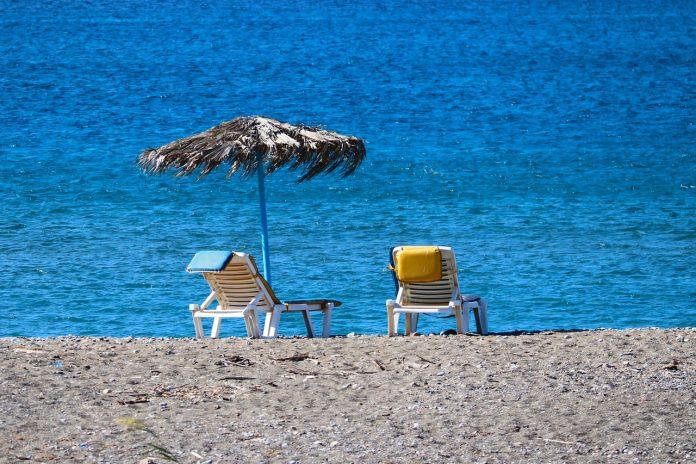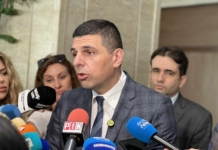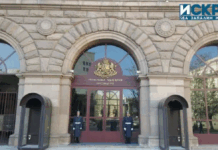
„The workforce is the key to ensuring sustainable tourism and a better product in this industry. And it’s no secret that skilled labor in the tourism sector is scarce.“
This was pointed out by Executive Director of the Employment Agency Smilyan Valov during the conference „Sustainable Tourism in Bulgaria: Challenges and Prospects“. The event was also attended by Deputy Minister of Tourism Pavlin Petrov, the Mayor of Burgas, mayors from the Burgas region, the airport operator „Fraport,“, as well as educational and business organizations.
Valov reported that the current unemployment rate in the Municipality of Burgas is an average of 2.88% annually, which is almost half of the national average of 5.4%. He explained: „Every economics textbook states that such low unemployment leads to a lack of competitiveness in the market and a shortage of skilled labor. This is a major problem we are trying to address in one way or another – either through increasing qualifications or activating inactive individuals, meaning people who are neither studying nor working. Currently, we as an agency, offer free training. We’d like to emphasize that it is free for the worker – foreign language courses, computer and digital skills, and professional qualifications in various professions, including those related to tourism.“
Much of the business is oriented towards importing foreigners from third countries to compensate for this lack, which is observed mainly in the hotel and restaurant business, Valov said, giving the following statistics:
„The most commonly used employment schemes in the tourism industry are seasonal employment for up to 9 months and so-called ‘partial seasonal employment’ for up to 90 days. This scheme has been in place in Bulgaria since 2017, and in that year, 3,557 people benefited from it. Before COVID-19, the highest number reached 12,000 in 2019. During the COVID-19 period, the number dropped to 3,000, then to 6,000. This year, we’ve already reached 14,000 people, with the winter season still recruiting. This means that we are indeed turning to the labor market outside of Bulgaria to support our labor market. Unfortunately, this is not enough for businesses to avoid problems in hiring staff. Unfortunately, we have a large percentage of inactive individuals whom we can’t motivate to join the tourism industry. I will just say that the restaurant and tourism businesses right now, in my opinion, need to launch a major advertising campaign. We have discussed this with the Ministry of Tourism. A large-scale campaign – to show that this is not the same business it was a few years ago. It is a vibrant, attractive industry with good working conditions.“
Conditions in Bulgaria are different compared to the past 3-4 years, and wages are higher, Valov believes: „Personally, I don’t see much logic in going to work in Malta or Greece for wages that are roughly the same as ours, aside from the slightly longer season. For example, in Burgas, the cultural tourism season could be extended and potentially become much larger than those destinations I mentioned. I will just mention that so far this year, the Employment Agency has issued over 31,000 permits for citizens from third countries who are working. As I mentioned earlier, 13,500 of these are for seasonal employment, mostly in tourism. And these are primarily workers from Uzbekistan, India, Nepal, and Turkey. I really want to highlight this point because there are various speculations on the topic – importing foreign labor does not undermine the Bulgarian market. To bring in a worker from Nepal, to provide travel expenses, accommodation, and salary, when you look at the total cost, it’s more or less the same as the cost of hiring local workers in Bulgaria. So, this is not undermining the market, it is simply a lack of qualified personnel. And here’s the issue I’m talking about – a good advertising campaign is needed to bring people back to the tourism industry, to bring back those who left it. In this context, qualification is a very important aspect that employers need to focus on. I can say that, so far this year, for the Burgas region alone, there have been over 3,700 – almost 3,800 job openings in tourism. In total, the Dobrich and Varna regions do not have as many job openings. In other words, Burgas is developing much more actively than the North.“
He concluded by saying that he believes that the days of the grey sector in tourism are over and that it is not beneficial for anyone.
Record growth in Bulgarian tourism for the period January-September 2024: What does the data show?






